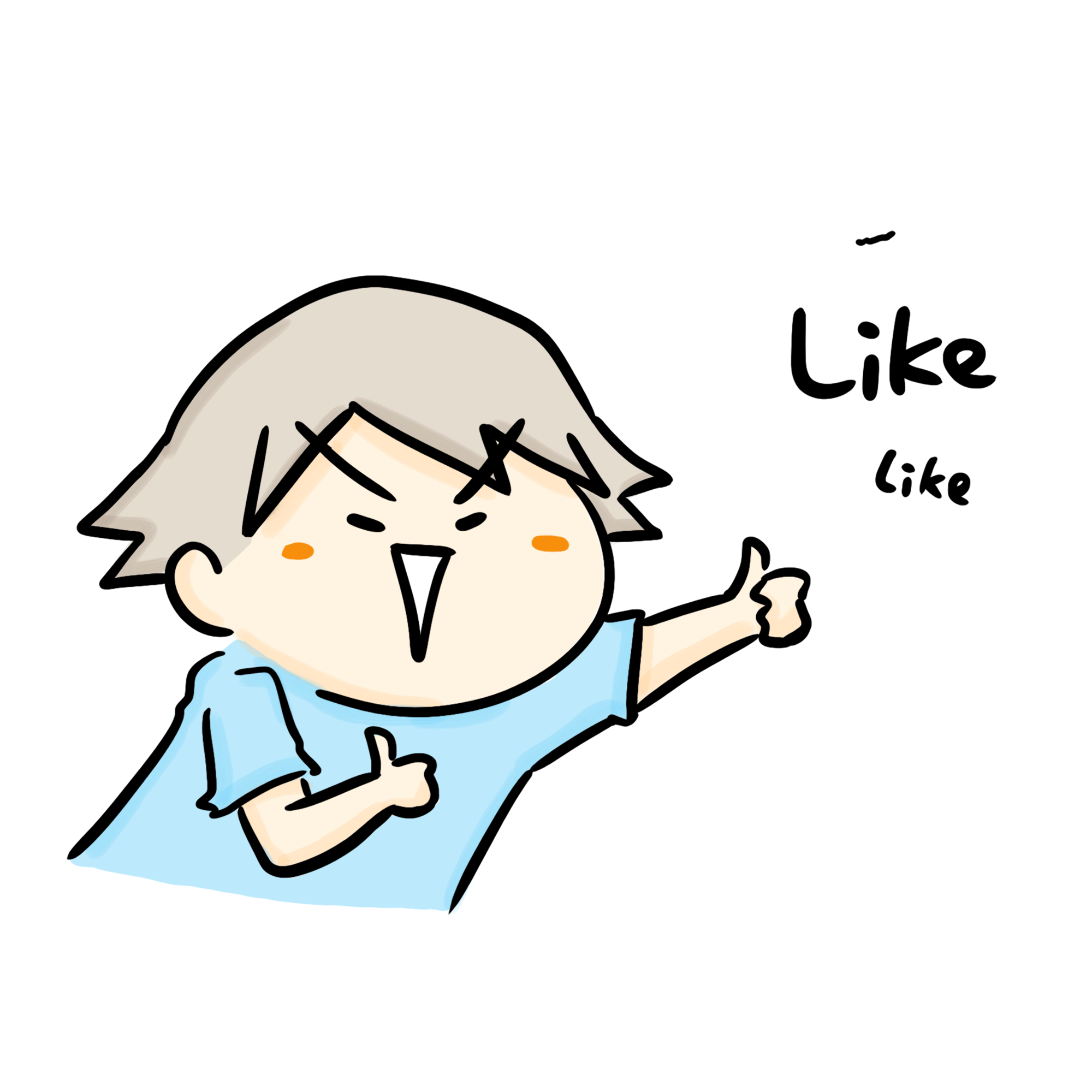A nation state is a political community that is unified in a formal manner with a definite border and is able to exercise sovereignty over its territories. It is independent from other nation-state and is self-ruling. It has its own government that exercises sovereignty over its people and within a fixed territory. Its government exercises a complete authority over its citizens and regulates their conduct by implementing laws and regulations for them to abide as well as providing benefits and protection. The failure of its citizens to follow the laws that are in effect within its territory has a corresponding penalty and punishment. The territory of a nation state is the land and water that is under its jurisdiction to which its citizens are living in. The people or the population is composed of the individuals who are living within a nation state who are capable of perpetuating the race. The people within a nation state may have different ethnicities but all of them have the same nationality.
A nation is defined as a union of people, unified through a common language, history, customs and traditions living within a territory. It differs from a nation state in the sense that a nation lacks autonomy from a particular country or nation-state and there are nations that are occupying the same territories with other nation-state. One example for such entity is the Balkan State. Its existence is not recognized by other states and it is not able to exercise complete autonomy in exercising its authority over its people within its territory
Members of ethnic minorities were denied autonomy: examples include Magyars under foreign rule or Croats who wanted federalism within the new Yugoslavia. Some groups struggled simply to gain recognition of their ethnic identitiesOther groups were recognized as separate population but were denied autonomy by the same Balk countries that had fought to achieve self-rule for themselves. Nations have its own territory but they were unable to exercise sovereignty over its own territory and the its failure to become independent from other states had made them unrecognizable as a nation state. (Sowards, 1996)
A state is an entity with a legal and political identity that can be exercised within a defined territory, has a population that can perpetuate by themselves, it has its own governing body and it has a legal capacity to enter into an agreement or relation with other states. The state is commonly defined as a community which consists of a territory and a population subject to an organized political authority and that such a state is characterized by sovereignty. A state has (a) a permanent population; (b) territory, (c) government (d) and capacity to enter into relations with other states. (Yamali)
The states characteristics and the nation-state are basically the same. Nation-state and state can be used interchangeably in identifying an entity while a nation has a different connotation of the two. It is only in the modern times that the term nation-state is used to describe an entity that has a power and authority that is similar to a state.
The United States of America is modern nation-state. According to McAuley in his book states that all the modern states are nation-state. Modern states are nation-states, with distinct political apparatuses, holding supreme jurisdiction over a demarcated territorial area, backed by a claim to a monopoly of coercive power and enjoying a minimum level of loyalty from its citizens. A further defining characteristic of the nation-state is that most of those living within its boundaries and structured by its political system are citizens of the state, with rights and duties directly relevant to that state. (McAuley 2003, pp.25-26) The United State has its own political apparatus, it has its own government which is known to be a Federal Republican and it can freely exercises sovereignty on every territory that it owns. The citizens are free to live within its territory free from any threat or encroachment. The people living within its territory are cohesive and are loyal to its sovereign. As of the moment, the government is not experiencing any threats of being overthrown by its own people. There is no known insurgents living within its borders but the country is trying to fortifying its defenses against terrorist threats. The US has its own boundaries secured without any threats of being usurped by other countries. The people living within its territory had different ethnicity and are migrants from other countries. Yet, the people as a whole has a common culture due to the acculturation process that every migrant will experience once they decided to settle in the said territory.
The United States government is exercising a foreign policy that serves as its guide in handling its relationship with other nation-state. The main objective of the United States foreign policy is to secure and protect the country from threats and to maintain economic and trade relations with other states. The policies that the nation-state will implement depend on what the country needs. Its action is sometimes proactive at times reactive. The government will also implement a foreign policy according to its exigency. Proactive policies are initiated at a high level (for example, by the president or the secretary of state or defense) are tied to the creation of a new policy or a dramatic change from an existing one. (Kaufamn, 2009, p.6) The U.S. foreign policy remains reactive but it will become proactive should the countrys security is threatened in any other way. The US foreign policys reactive nature sprung from Thomas Jeffersons school of thought that stated that the country will remain passive while concentrating on securing the homeland. It will only intervene when it becomes necessary.
The European Union is a transnational-state that comprises of a number of states that shared exclusive authority to create and implement policies within their national, bordered territories. It implemented a single economy and is given the power to decide on political and economic matters that will affect all of the states belonging in the said union. The European Union was created on the need to enhance the powers of the European Parliament and for the creation of a common European citizenship. One other reason for its creation is to foster economic cooperation between member states and to ensure economic stability of all member states while avoiding any conflicts. It aims to protect the rights and interests of all the citizens of the Member State by introducing a citizenship to the Union. The EU was created in conformance with the various treaties that are currently in effect.
Currently, the union has 27 countries as members. The member countries are an interesting mix. The six founding member states were composed of three larger states and three smaller ones, with various configurations: some were rural while others were essentially urban and industrialized, some had been on the winning side in World War Two while others had been defeated; some were old centralized states while others were younger and more fragile; some were colonial powers while others were without any empire; some were countries of immigration while other countries of emigration; some were free-traders while others were protectionist. (Telo, 2009 p. 54) The EU members have equal privileges and are treated the same by the union.
The European Union members primary aim is to create a single market for all of its members. The entity will enable the movement of the goods and services to flow freely within the member states while trying to stabilize and maintain their economy in the world market. The EU is practicing democracy in governing all the nation-state members but because of the intricacy of its governing body, individuals as citizen of the member states has a limited freedom to exercise its right. The EU maintains diplomatic relations with other countries and it provides an aid to the country that needs its assistance such as the assistance it had provide to the Balkans.
The nation-state and transnational entities have basically the same foreign policy rules which are to safeguard its economy and to protect its citizens from harm. However, the two entities role varies in the sense that nation-state such as the US can afford to remain reactive in implementing its policies. It has its own armies to protect itself and the head of its government which is the President has the power to implement a policy on the basis of its exigency. On the other hand, the European Union needs the concurrence of its member states before it can implement any policies that will affect the member states. The EU has no standing army but it relies on ad hoc forces that its members will provide to the country that is under threat. It will also provide aid to other countries that needed its help.
The United States of America and European Union are trading partners. Both parties will remain as such as long as there is no conflict that will arise between the two entities. The EUs economy had remained stable after the consolidation of the member states while the US is trying its best to stabilize again its economy after the financial crisis that it had previously endured. As trading partners, both entities will tend to protect the other to ensure that their economic partnership will continue. Protecting the other is a way of protecting its own interest from external threats. The possibility that both entities will aid in the other in instances that one of them will need assistance is relatively high.






Whew! I am confused of states and nation states. Coz all i know is United States. 😅✌️And oh.. I have a little knowledge about autonomy. 😁